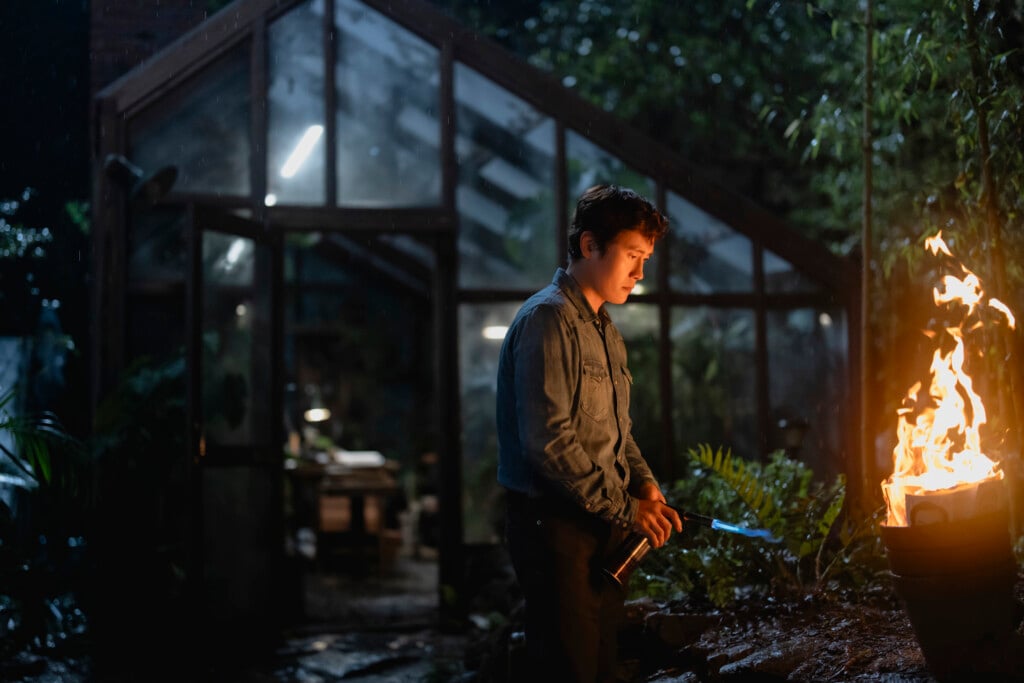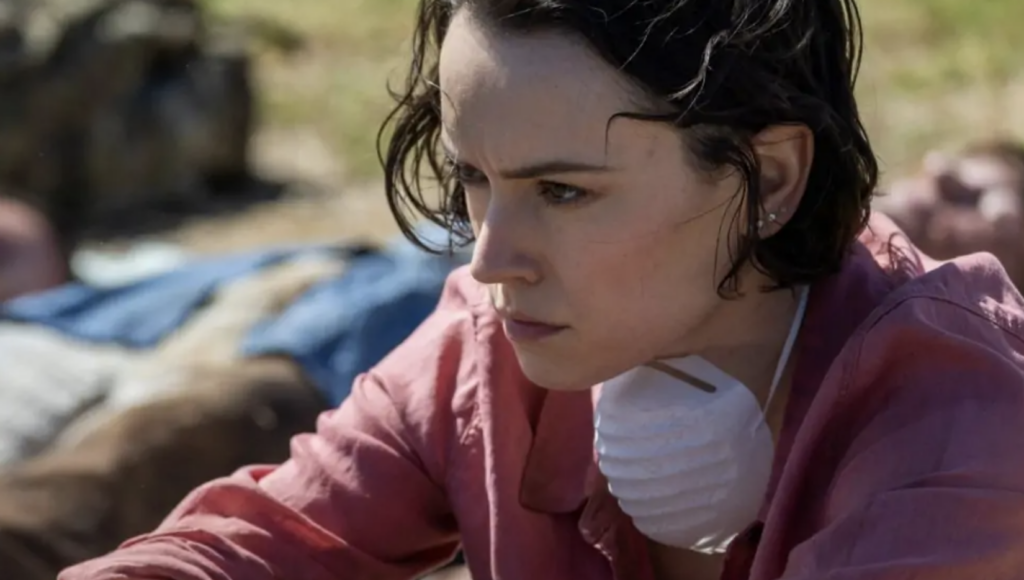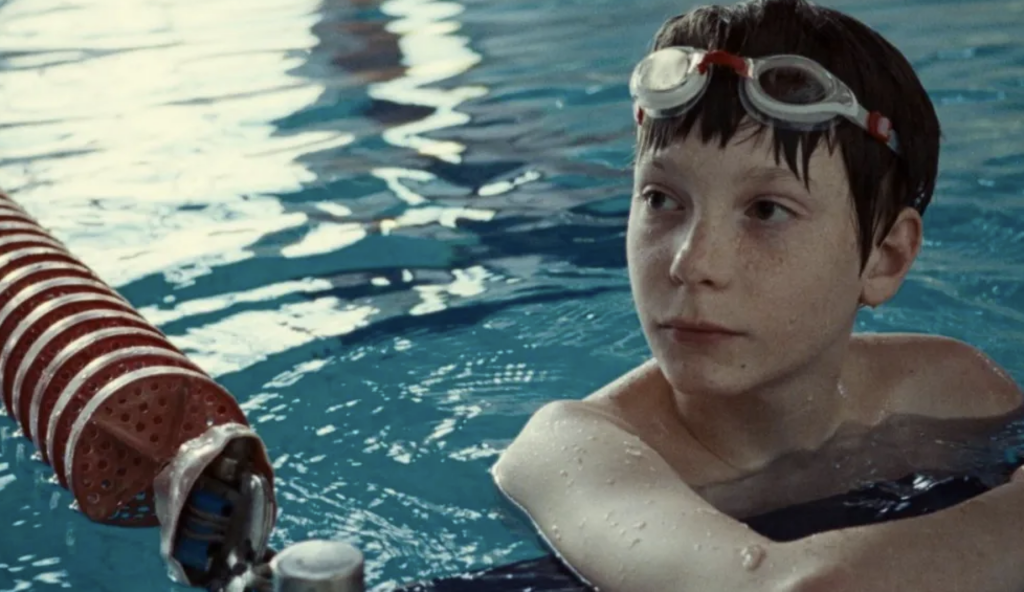Local Natives discuss songwriting and fatherhood ahead of Wednesday’s Truman show
Taylor and Ryan of Local Natives reflect on the early days of their career and their evolution as a band.
Alternative rock band Local Natives are currently on tour in support of their latest projects: Time Will Wait for No One and But I’ll Wait For You.
Ahead of their show at The Truman on Wednesday, May 15, we spoke with members Taylor Rice and Ryan Hahn about their early days as a band and creative growth over the past decade.
The Pitch: Your debut album Gorilla Manor was released in 2010. Similar to the massive success of pop artists in the late ’90s/early 2000s, during the early to mid-2010s, we saw a large wave of alternative artists find success alongside the popularity of streaming services and music fans becoming more connected by way of Tumblr and Reddit. Looking back on your debut, what were some lessons you took away from all the success Gorilla Manor had after its release?
Taylor Rice: One thing we did that was probably really helpful to our career long term is tour constantly. We had this moment with our debut where it was embraced by the blog community globally, and we made sure to get to every city we possibly could. Being a blog or Tumblr band of the early aughts gave us this reach, but it’s having that exchange live with a bunch of kids in a room that makes them feel connected to music on a much deeper level.
In the early days of the band, there were different iterations throughout high school and into college. For a lot of music fans, middle school and high school is when we really start to figure out what music we like and dislike. Who are some specific artists or bands that inspired you during that time of your life?
Ryan Hahn: Taylor and I met in junior high and picked up guitar together pretty soon after. I was on a steady diet of ’60s and ’70s classic rock in high school. That and a lot of Weezer. Taylor can vouch for the fact that I had 3 Weezer t-shirts and basically rotated wearing them to school. [Taylor laughs] But the music that Tay and I really bonded over was bands like At the Drive-In, Thursday, and Refused. That type of really energetic, emotionally charged music was a big inspiration for the type of songs we tried to write early on.
After the success of Gorilla Manor, the band had to navigate commercial success while also dealing with a band member leaving. Before Nik Ewing would eventually join, how did becoming a four piece challenge you as songwriters?
Ryan: I think it gave us the opportunity to learn a lot more about recording and creating demos as opposed to simply jamming everything live in a room. We really started experimenting with different sounds and samples at that point. A few of us play several instruments as well so we’ve always been able to move around the rehearsal room and write songs in different ways.
Early on in your career, you supported The National on tour. Guitarist of The National, Aaron Dessner, produced your sophomore album Hummingbird. What were some things you learned from working with them in the studio?
Taylor: I learned so much from working with Aaron on Hummingbird. He is super smart and a deep thinker about music. We still say quotes from him that came out of that recording all the time. “Keep it classy.” – We were going hard on the synths for the first time in writing Hummingbird, and he would always advise that the song sound timeless, and not super dated to a particular fad or sound. “Don’t gild the lily”–he’d say this when a part or type of layering we were pursuing felt like it was getting overly fussy or dramatic. Aaron knew that each song had to feel alive and have some elements in it that were casual, off the cuff, like little bits of magic caught in a moment. The records should not sound perfect.
Your last two albums–Time Will Wait for No One and But I’ll Wait For You–were released within a year of each other. Amidst working on these projects, you mentioned having to navigate the pandemic and parenthood. In what ways did fatherhood alter your creative perspective?
Taylor: Fatherhood changed me in so many ways. I like to think of it as going through a portal, and once through you are essentially living in an entirely new dimension. One element for me was experiencing ego death, like the decentering of your own self in your life’s story. It’s like not being the main character anymore, and is so wild and beautiful to feel. A song like Raincoat was heavily inspired by those emotions. It’s about not wanting the sadness and depression that was coming through the isolation of the pandemic to get to my son. Wanting to protect this new being that I am responsible for and let him live in the joy of life.
In 2016, I was able to see you perform live for the first time after the release of Sunlit Youth. Something that stood out to me was how well the harmonies and rhythm section translated in a live context. A lot of musicians talk about how some songs don’t come across the same during a live performance versus the original recording. When you’re writing new music do you have those conversations about performing or does that have too much influence on the direction of the songwriting process?
Taylor: That’s a great question, and the answer is really song-dependent. We mostly start with writing a song not thinking about what it will be like live. A great song has to work around a piano or a guitar, and that is usually our starting point. Once we put a song into the room with the whole band, we explore and see where the energy takes us. It’s more intuitive than orchestrated. Sometimes, during that process, we’ll hit a specific energy and feel that something is going to be a really powerful moment live, or maybe even sense that and then push the song into that territory. An example of that from But I’ll Wait For You is the bridge into the chorus breakdown of “April” the way it cuts out and then the band crashes back in on the 2 instead of the 1. We felt that was going to feel so good live.
Over the span of your career, you’ve worked with a variety of different musicians and producers on original music and remixes. Are there any artists or producers you’d like to work with in the future?
Ryan: I know each of us probably has our own list of artists and producers that we’d be psyched to collaborate with, but for me, I’d say Dijon, Orion Sun, Hope Tala, Luna Li, Ariel Rechtshaid, Henry Kwapis, to name a few.
Local Natives play the Truman on Wednesday, May 15, with UWADE. Details on that show here.





